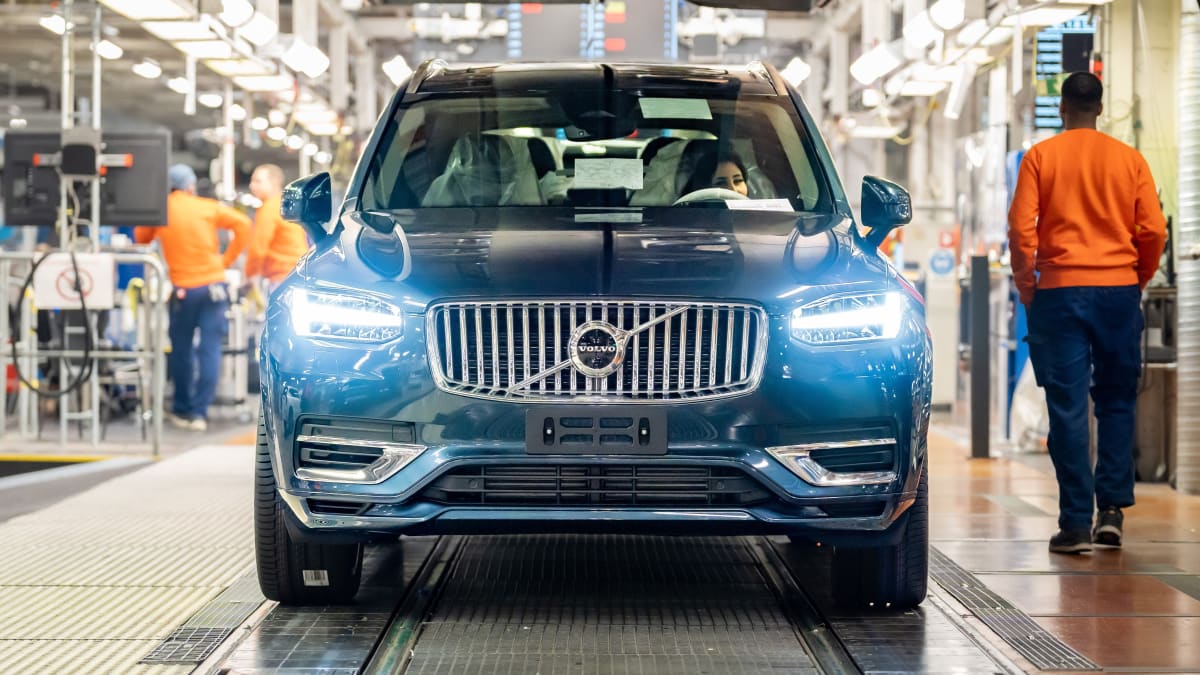The final diesel-powered Volvo has rolled off the line in Sweden, a blue XC90.
Volvo has made its last diesel-powered car – 18 months after the fuel type left its Australian showrooms – with the final example to roll off the production line bound for a museum.
The final diesel-engined car, an XC90, left Volvo’s Torslanda plant in Sweden this week, bringing to an end the company’s 45-year relationship with the fuel type.
The XC90 SUV, using the marque’s turbocharged inline 2.0-liter four-cylinder diesel from the VEA (Volvo Engine Architecture) family which debuted in 2013, will now go on to be displayed at the World of Volvo museum in Gothenburg.
The firm, which has produced more than nine million diesel cars since 1991 – as far back as its applicable records go – according to UK publication Autocar, aims to be an electric-only brand by 2030.

By 2040, Volvo says it wants to be a completely climate-neutral company – claiming it has “one of the most ambitious transformation plans of any legacy car maker”.
In 2022 the Swedish car maker revealed it would end the development of new internal combustion engines, and sold its stake in Aurobay – the joint venture company that harboured all of its remaining petrol engine engineering assets.
“Electric powertrains are our future, and superior to combustion engines: they generate less noise, less vibration, less servicing costs for our customers and zero tailpipe emissions,” said Jim Rowan, Volvo CEO in a media statement last year.

“We’re fully focused on creating a broad portfolio of premium, fully-electric cars that deliver on everything our customers expect from a Volvo – and are a key part of our response to climate change.”
In Australia, Volvo sells 11 models, all of which are propelled by petrol, plug-in hybrid, or fully-electric powertrains.
Volvo Australia announced in 2022 it would go electric from 2026 – four years ahead of the Swedish brand’s global deadline.
The post Volvo produces its last diesel car appeared first on Drive.
